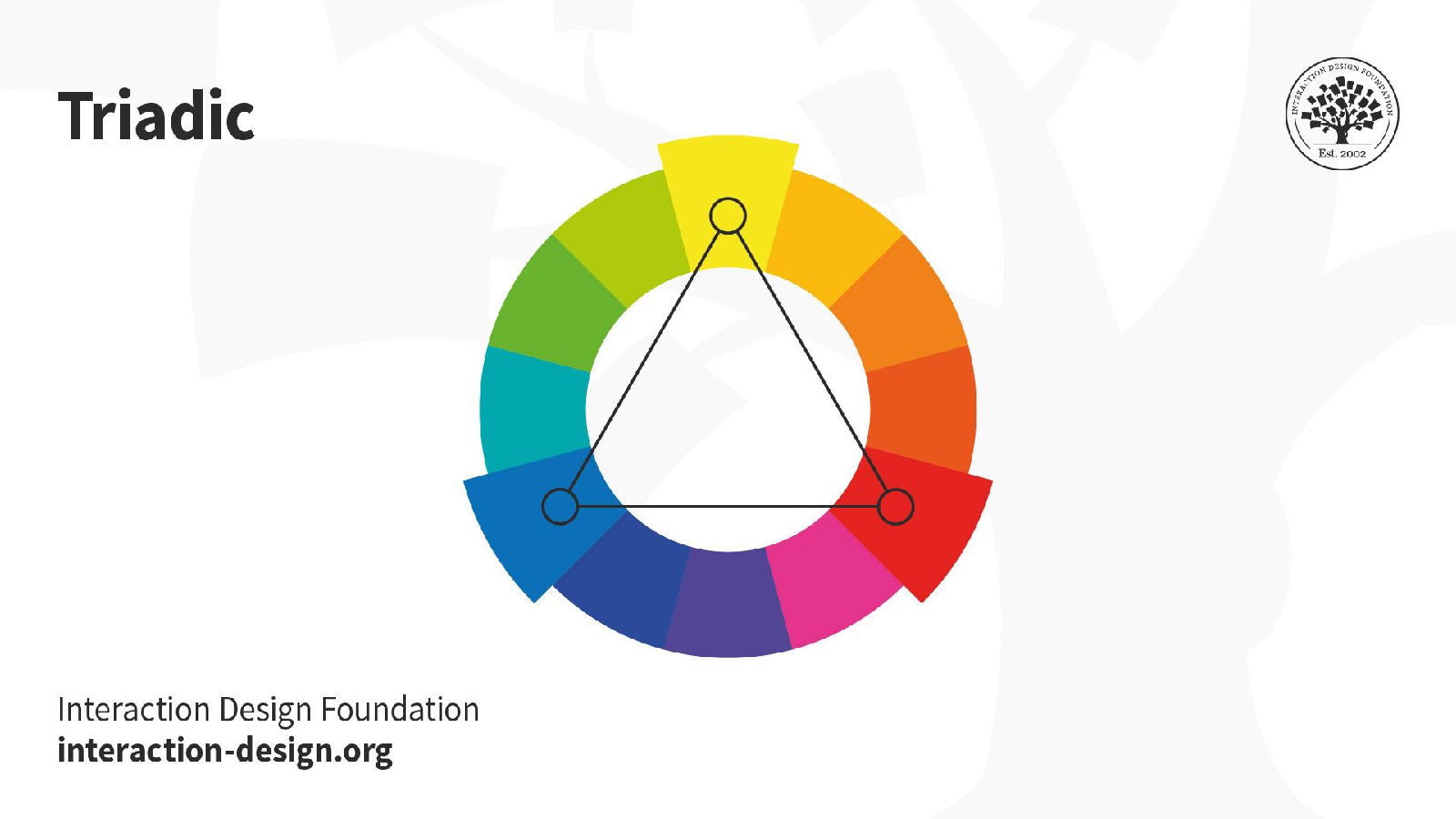This blog post will show my research into colour theory and psychology
Mise-en-scene is a crucial element of a production. In order to be able to better incorporate mise-en-scene into our music video, I have decided to research colour as it can be used as a tool to incorporate meaning into mise-en-scene.
Definitions
Hue: Pure colour
Shade: A hue added with black to create a darker colour
Tint: A hue added with white to creare a lighter colour
Value: How dark/light a colour is. Basically, how much shade/tint a colour has.
Saturation: The vibrancy of a colour
Colour meaning
Colour can be seperated into 2 main categories:
- Warm colours: Colours that are commonly associated with the feeling of warmth such as red, orange and yellow. Using a warmer colour pallete can evoke a sense of comfort and safety.
- Cool colours: Colours that are commonly associated with the feeling of coolness such as blue, purple and green. Using a cooler colour pallete can evoke a sense of isolation and sadness.
Certain colour can also evoke certain feelings outside of just the connotation of their types which can be used to distribute meaning in a media text. The feeling evoked can be determined by considering what the colour is most commonly associated with in real life. For example, green is often associated with nature and therefore can be used to create a natural feeling whereas red is often associated with blood and therefore can be associated with danger
Colour palettes
Colours can be comnined to achieve colour harmony. Here are the most common types of colour palettes
Monochrome:
In monochromatic colour palletes, only one hue is used. This hue can include different values and saturations. Monochromatic colour palettes are typically used to emphasize certain meanings. For example, a yellow monochromatic palette could be used to focus in communicating joy to the audienceComplementary:
Complementary colour palettes consist of hues on opposite ends of the colour wheel. They are often used to create interesting contrasts. Due to the contrast, they are often used to communicate designs that are meant to be eye-catching which is why they are often used in advertisements and logos.Triadic:
Triadic colour palettes consist of hues that are evenly spread out on the colour wheel. They are used to create more balanced contrasts. They are able to communicate multiple meanings, depending on the hues, that remain eye catching and harmonic.


No comments:
Post a Comment